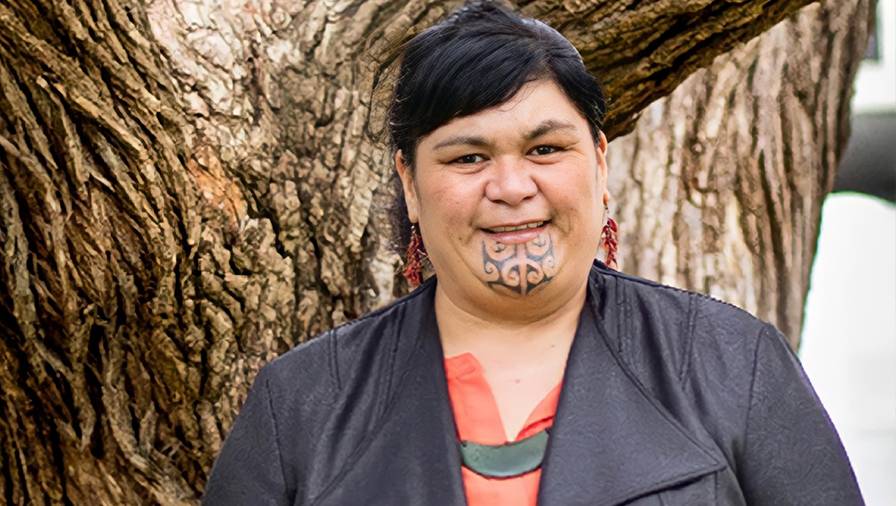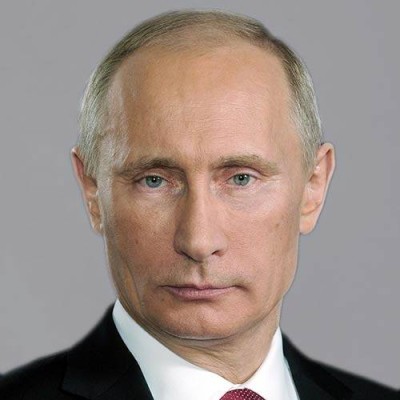

Conflicts of interest, the Queen, Russian aggression and National
ANALYSIS: Russian President’s nuclear threats overshadow United Nations General Assembly meeting.
NBR political editor Brent Edwards speaks with Grant Walker


ANALYSIS: Russian President’s nuclear threats overshadow United Nations General Assembly meeting.
NBR political editor Brent Edwards speaks with Grant Walker
After months of questioning by Opposition parties, the Public Service Commission announced last Wednesday it will review a series of Government contracts awarded to Foreign Minister Nanaia Mahuta’s husband’s firm.
National’s public service spokesperson Simeon Brown has welcomed the investigation but is disappointed it is not a full inquiry. He had previously written to Public Service Commissioner Peter Hughes on two occasions asking for investigations into how the contracts were awarded and how conflicts of interests between Mahuta and her husband’s company were handled.
“An investigation into these contracts will determine whether Kāinga Ora, the Ministry for the Environment, Department of Conservation, and Te Puni Kokiri had met public service standards so that taxpayers could have confidence in the Government’s procurement approach and that any conflicts of interest are managed appropriately,” Brown said.
He rightly pointed out that conflicts of interest, or even perceived conflicts of interest, could undermine public faith in the country’s democracy and its public service.
For her part, Mahuta has also welcomed the investigation and says she has always declared any potential conflicts of interest and that she played no role whatsoever in the awarding of contracts.
In fact, she raised the matter with Public Service Minister Chris Hipkins on September 19, who then asked the commission to investigate.
Foreign Minister Nanaia Mahuta.
What is not so certain is how deep the investigation will go. As Public Service Commissioner, Hughes is responsible for government agencies, not ministers.
Presumably the report will look at whether the four government agencies that award contracts to the company owned by Mahuta’s husband, Gannin Ormsby, followed the proper processes. Even if it finds they did not, that does not necessarily reflect badly on Mahuta.
If that were the outcome, though, it would hardly dampen political interest in the matter, with Act Party leader David Seymour another who has continued to raise serious concerns about the apparent or perceived conflicts of interest.
Hipkins has made the observation that, in a country as small as New Zealand, conflicts of interest are inevitable.
That is true enough, but only exemplifies the need for strong and robust processes in place to ensure those conflicts of interest do not distort Government processes or procurement.
While she is still overseas, Prime Minister Jacinda Ardern will also have a deep interest in Hughes’ investigation. Ministers only serve at the discretion of the Prime Minister and she will surely want to be confident the current Cabinet rules in place around dealing with real or perceived conflicts of interest are robust enough to stand up to scrutiny.
Meanwhile, Ardern has spent this week in New York at the United Nations General Assembly, having flown there from London after attending the funeral of Queen Elizabeth II.
There she has again fronted with French President Emmanuel Macron in another meeting on the Christchurch Call, with agreement to investigate the role of algorithms in radicalising people online.

Russian President Vladimir Putin.
But that was overshadowed by Russian President Vladimir Putin escalating the war in Ukraine. Putin announced a partial military mobilisation to strengthen Russian troops in Ukraine and gave the West a none-too-subtle threat he was prepared to use nuclear weapons, saying he was not bluffing.
It again showcased the UN’s impotency, given Russia as a permanent member of the UN Security Council has vetoed any move to condemn its actions.
It seems likely the war in Ukraine is going to get worse before it gets better and, as Putin’s rhetoric become more hysterical, the risks of a miscalculation – which would lead to the worst-case scenario – have increased.
Back in New Zealand, Sam Uffindell was reinstated to the National Party caucus after party leader Christopher Luxon said an independent report into allegations Uffindell had bullied a woman flatmate at Otago University in 2003 had cleared him.
But National will make neither the report nor a summary of it publicly available. Luxon argues that is in order to protect the identities of the 14 people who spoke to Maria Dew KC.
It is possible, however, for a summary of the report to be released, with names redacted, just as the Labour Party did with the report Dew conducted into allegations of sexual harassment at the party’s summer youth camp.
Questions about the Uffindell incident have not stopped and it seems likely the matter will always loom over both him and Luxon while so many questions remain unanswered.
National Party leader Christopher Luxon flanked by Tauranga MP Sam Uffindell and party president Sylvia Wood.
In the meantime, though, New Zealanders will get a day off on Monday to mark the death of Queen Elizabeth II. Act and Te Paati Māori were the only two parties to vote against legislation paving the way for the public holiday.
Labour, National, the Greens, and Dr Gaurav Sharma all voted for it.
Act opposed the legislation largely because of the cost it would impose on businesses but also because of the disruption it would cause to the health and education systems.
Te Paati Māori had other reasons for voting against a public holiday to commemorate the Queen.
“I declare, on behalf of te Iwi Māori, that Queen Elizabeth II, the Queen of England, and her predecessors and successors have never had sovereignty over tangata whenua here in Aotearoa. We are her equals affirmed emphatically in Te Tiriti o Waitangi,” its co-leader Rawiri Waititi told Parliament.
The Greens appeared to support the legislation simply because it meant people would have a day off, rather than because they supported moves to honour the late Queen.
Much of the news coverage of the Queen’s death has been marked by a sombre sense of respect, which has blunted the usual journalistic approach you might expect to a significant news event.
After Monday, the time for mourning will have passed and the issues Waititi raised in Parliament might become part of a sharper debate about New Zealand’s future constitutional arrangements.
Should a foreign monarch be New Zealand’s head of state and, if not, what would that mean for the relationship between the Crown and Māori?
Brent Edwards is NBR’s political editor.
Sign up to get the latest stories and insights delivered to your inbox – free, every day.